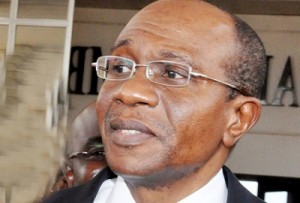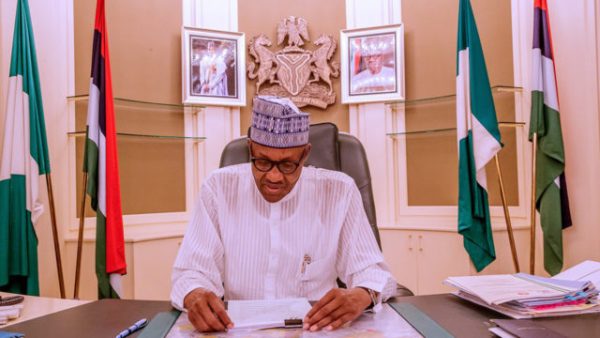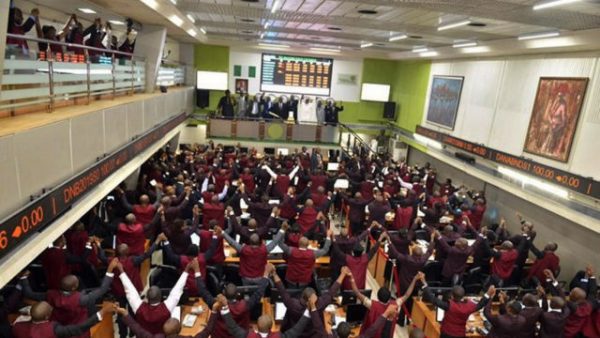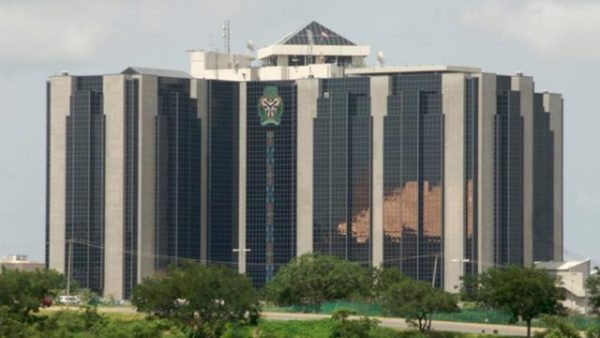External reserves increase by 15% in three months

The nation’s external reserves have risen by 15 per cent in the past three months, the latest data from the Central Bank of Nigeria have shown.
Specifically, the foreign exchange reserves increased by $3.6bn from $23.8bn on October 19, 2016 to $27.4bn on January 19, 2017, the CBN data showed on Sunday.
The statistics also indicated that the balance in the reserves had increased by $1.6bn during the first 19 days of this year. The increase is estimated at 6.2 per cent.
The country’s external reserves, which have been increasing significantly in recent months, had risen to $27.3bn on January 17 after hitting $26.9bn on January 13.
Within a period of 11 days, the reserves increased by $1bn, rising from $26.3bn on January 6 to $27.3bn on January 17, according to the central bank’s statistics.
Similarly, the foreign exchange reserves jumped from $25.3bn on December 22, 2016 to $27.3bn on January 17.
Within a space of three days, the reserves rose by $300m from $26.2bn on January 6 to $26.5bn on January 9.
Between December 30, 2016 and January 12, 2017, the foreign exchange reserves rose from $25.8bn to $26.8bn, indicating an accretion of $1bn in two weeks.
Following the gradual increase in crude oil price and production output, the foreign exchange reserves have been rising steadily since November.
Experts, however, said the slowdown in foreign exchange allocation to forex markets by the CBN might have contributed to the reserves accretion.
Currency and economic experts are not sure if the current accretion in the external reserves’ is sustainable amid a falling naira and acute shortage of dollar in the foreign exchange markets and the economy.
The CBN had spent $4bn from the nation’s external reserves to defend the local currency last year, despite the staggering fall in the value of the naira against the United States dollar and other major foreign currencies during the period.
The controversial defence of the naira by the CBN has come under severe criticism by economists, who believe forces of demand and supply should be allowed to determine the exchange rate of the naira.
The country’s reserves had recorded $23.89bn low on October 19. The reserves dropped by 15.9 per cent between 2015 and 2016
The reserves ended last year with $25.84bn on December 30, 2016.







